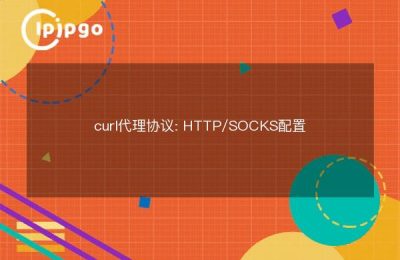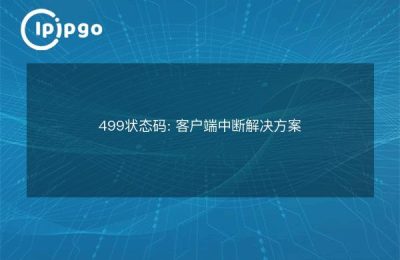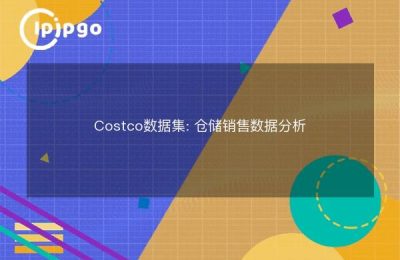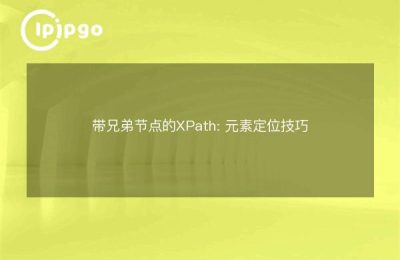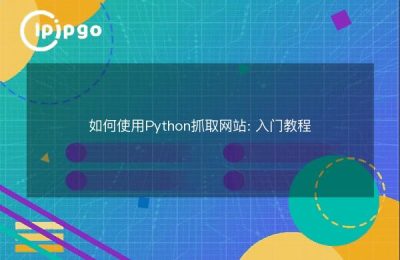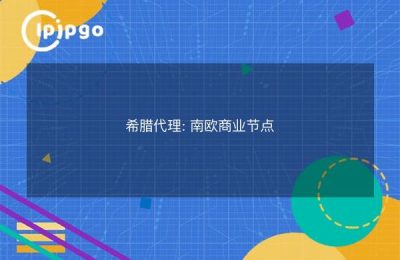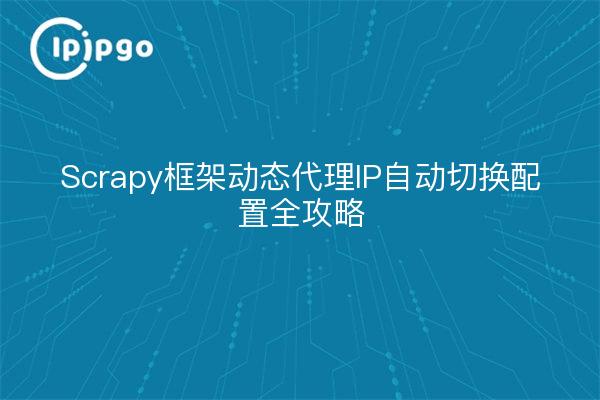
First, why Scrapy crawler must use dynamic proxy IP?
Many crawler newbies who are just starting out with Scrapy often encounter theIP blockedThe problem. When the target website detects frequent requests from the same IP address, it may limit the access speed or block the IP directly, which is where dynamic proxy IPs come into play.Essential SolutionsThe
Take the dynamic residential agent provided by ipipgo as an example of a90 Million+ Real Family IP ResourcesIt can effectively simulate real user behavior. By automatically switching residential IPs in different regions, it can avoid triggering the website protection mechanism. Especially when it is necessary to collect e-commerce prices, social media data and other scenarios, the dynamic agent can keep the collectedContinuity and stabilityThe
Second, Scrapy dynamic agent configuration in four steps
Step 1: Install the necessary dependency libraries
Execute it in the Scrapy project directory:
pip install scrapy-rotating-proxies
Step 2: Middleware configuration (core code)
Add it in middlewares.py:
class DynamicProxyMiddleware(object).
def process_request(self, request, spider).
request.meta['proxy'] = "http://username:password@gateway.ipipgo.com:端口"
Step 3: Setting up the configuration file
Add it in settings.py:
ROTATING_PROXY_LIST = [
'http://user:pass@gateway.ipipgo.com:30000',
'http://user:pass@gateway.ipipgo.com:30001'
]
DOWNLOADER_MIDDLEWARES = {
'scrapy_rotating_proxies.middlewares.RotatingProxyMiddleware': 610
}
Step 4: Intelligent Scheduling of IP Pools (Advanced Tips)
Suggested to go with ipipgo'sAPI interface to obtain IP dynamicallyThe latest IP list is pulled automatically when the crawler starts. You can set the number of failure retries and IP validity verification to realize dynamic switching in the real sense.
III. Dynamic agent tuning techniques
1. Intelligent switching strategy
Different websites have different tolerances for IPs and it is recommended to set dynamic switching thresholds. Example:
| Scene Type | Recommended switching frequency |
|---|---|
| general information website | Switching every 50 requests |
| Anti-Crawl Strict Platform | Switching every 10 requests |
2. Protocol adaptation techniques
ipipgo supportHTTP/HTTPS/SOCKS5 full protocolsIn this way, the best protocol is chosen according to the target website. For example, when collecting banking websites, it is recommended to use HTTPS protocol to ensure the security of data transmission.
IV. Solutions to common problems
Q1: What should I do if my proxy IP suddenly fails?
A: ipipgo's residential agent comes with aIntelligent Fusing MechanismIt is recommended to add an exception retry mechanism in the code to ensure the continuity of collection. It is suggested to add an exception retry mechanism in the code to double guarantee the collection continuity.
Q2:How to avoid IP blocking while improving the collection speed?
A: AdoptionMulti-node concurrent acquisitionThe strategy, together with ipipgo's 240+ country-region node resources, decentralizes requests to proxy IPs in different geographic regions, which both reduces the risk of blocking and improves overall efficiency.
Q3: How to choose between dynamic and static proxies?
A: For scenarios that require long-term stable connections (e.g., crawling streaming media), it is recommended that ipipgo static residential agents be used; for routine data collection, dynamic agents of theAutomatic switching characteristicsMore cost effective.
By reasonably configuring Scrapy's dynamic proxy middleware, together with ipipgo's high-quality proxy service, the collection bottleneck can be effectively broken. It is recommended that developers flexibly adjust the proxy strategy parameters according to specific business scenarios to achieve the optimal collection effect.

